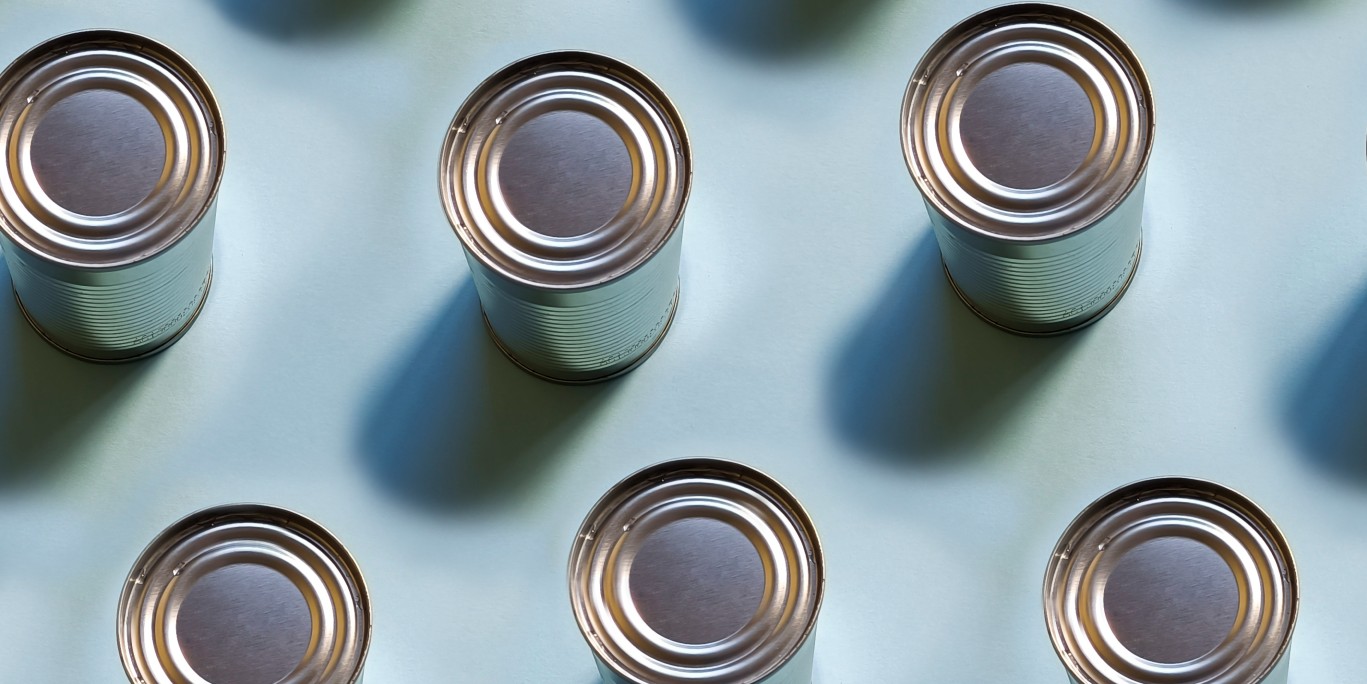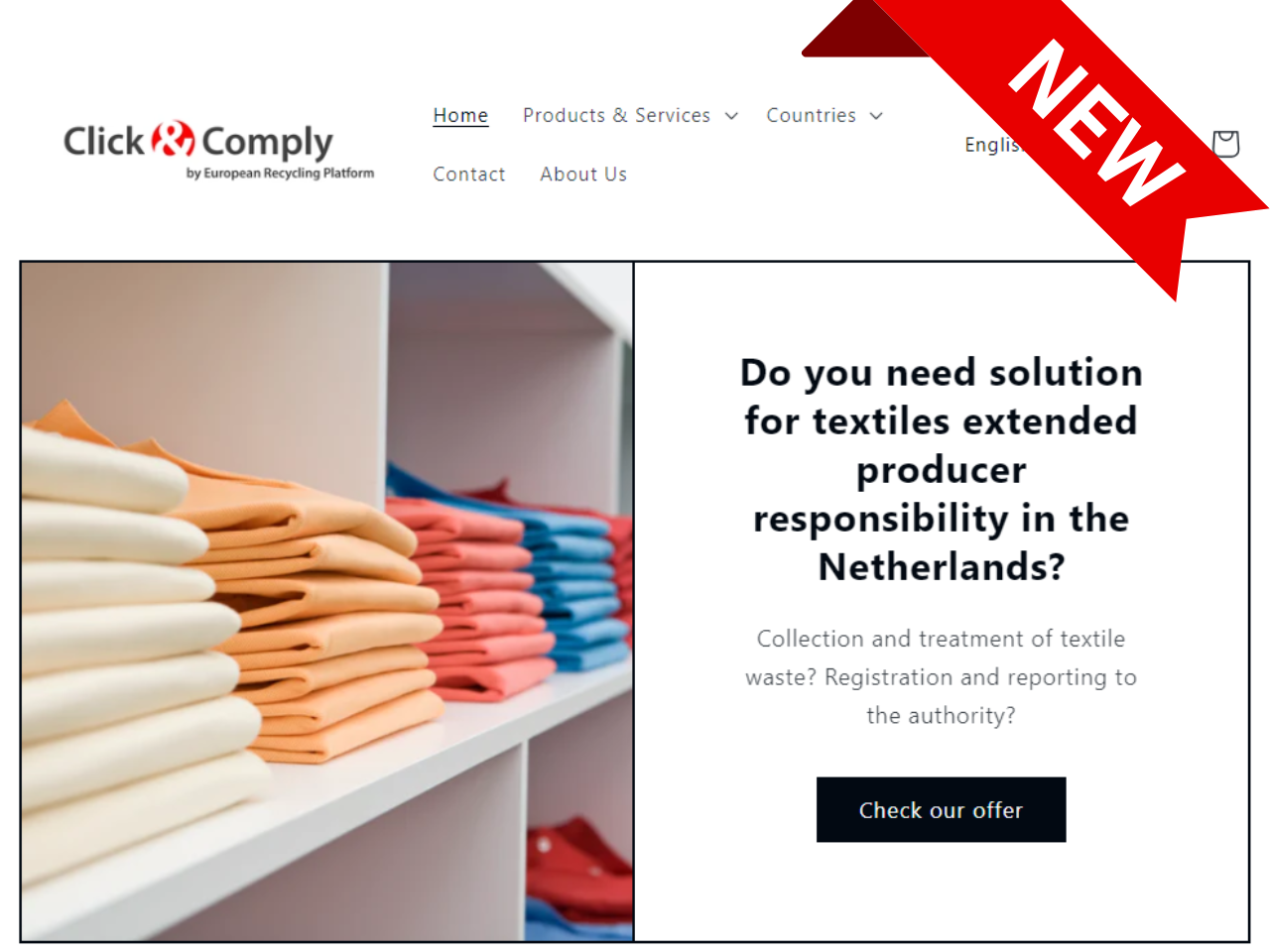What are the latest developments? We’ve picked out some highlights for September 2023.
EU Batteries Regulation published in the Official Journal
PPWR: committees give opinion
PV modules: ENVI calls for improvement of WEEE amendment
Packaging: UK EPR reform deferred to 2025
EU Batteries Regulation published in the Official Journal
Two and a half years after the publication of the European Commission’s initial legislative proposal, and after several negotiation rounds with the European Parliament and the Council of the European Union, the regulation concerning batteries and waste batteries has been officially published in the Official Journal of the European Union.
The regulation replaces the previous Batteries Directive and is adapted to the changing battery landscape by providing for five battery types, adding two new categories to the previous three:
- portable
- light means of transport (LMT) – New
- electric vehicle (EV) – New
- industrial, and
- starting, lighting and ignition (SLI) – previously automotive
Furthermore, these batteries are now regulated throughout their entire lifecycle, from sourcing to end of life, introducing new obligations such as a carbon footprint declaration, minimum recycled content, an EU Declaration of Conformity (with a related conformity procedure), a digital battery passport and new end-user information requirements, including labelling.
While the new policy has been published as a regulation, it has a “dual legal base”. Most obligations, such as those for the conformity procedure and design aspects, have been fully harmonised across the EU, addressing varying rules currently existing in the Member States. However, chapter VIII of the regulation – “Management of waste batteries” – enables Member States to provide for additional measures.
Extended producer responsibility (EPR) plays a central role throughout the regulation. The policy has been updated to reflect the EPR minimum requirements of the EU waste framework directive and stricter collection targets have been introduced for portable batteries: 63% by 2027 and 73% by 2030. Collection targets for the new category of LMR batteries have also been set to 51% by 2028 and 61% by 2031.
Moreover, the Commission has a mandate to amend the methodology to calculate the collection rate, considering the development of the market and the expected increase in the lifetime of batteries (by 2027).
For SLI, industrial and EV batteries, producers need to ensure separate collection of waste batteries free of charge to the end user, while no collection targets are set. A producer established in another Member State or in a third country shall appoint (by written mandate) an authorised representative for EPR in each Member State where it sells batteries.
The regulation will apply from 18 February 2024 and repeals the existing Batteries Directive with effect from 18 August 2025. The provisions with regard to the management of waste batteries shall apply from 18 August 2025.
PPWR: committees give opinion
Late last year, the European Commission published a legislative proposal for a new packaging and packaging waste regulation (PPWR) – see COMPASS article from December 2022.
Currently, the European Parliament and Council of the European Union are in the process of determining a negotiating position for the upcoming trilogue negotiations.
Within the parliament, the committee on the environment (ENVI) is responsible for drawing up a joint position. Alongside ENVI, several “committees for opinion” are also invited to give their comments on the PPWR.
Within the past weeks, the committees on industry (ITRE), the internal market (IMCO) and agriculture (AGRI) have provided their opinions on either cross-sectional topics or parts of the regulation that are of special interest to their competencies.
For instance, AGRI’s amendments focus on ensuring food safety, while IMCO is especially concerned with new rules on labelling.
The European Parliament will likely vote on a negotiating position in October and enter trilogue negotiations with the Council shortly after. The PPWR is planned to be enacted in the first half of 2024 (ahead of the European elections).
PV modules: ENVI calls for improvement of WEEE amendment
In February, the European Commission published a proposal to amend the Directive on Waste Electrical and Electronic Equipment (WEEE), following a ruling of the European Court of Justice that invalidated parts of the legislation due to the retroactive extension of the directive’s scope (see COMPASS article from March).
This retroactive extension also applied to PV modules which had not yet come under the scope of extended producer responsibility (EPR) in some member states.
Following the ordinary legislative procedure, the leading committee on the environment (ENVI) called for amendments to the proposal. The draft report by rapporteur Anna Zalewska does not strive for major changes to the Commission proposal, but rather aims for consistency and coherence with the judgement. Furthermore, the rapporteur clarified the key notion of avoiding the transfer of burdens or costs to citizens or consumers as an overarching priority.
Zalewska also suggests that the fundamental revision of the WEEE Directive should take place in 2025 to provide member states with enough time to transpose the current amendment into national legislation.
Packaging: UK EPR reform deferred to 2025
The UK Department for Environment, Food, and Rural Affairs (Defra) has announced that it will defer new rules on extended producer responsibility (EPR) for packaging from October 2024 to October 2025.
This deferral follows an extensive stakeholder engagement process, which concluded that the cost element of the changes still needs to be addressed.
The UK government will use the additional year to address this aspect through continuous engagement with stakeholders. Its revised guidance can be found here.
Defra recently released the long-awaited consultation on the draft regulations to put packaging EPR into place. The consultation process is now open until 9th October 2023.
The delay will also provide UK producers with much needed time to prepare for the upcoming changes (see COMPASS article from April).
The current UK Packaging Waste Regulations will remain in force for 2024 and will continue to provide the basis for packaging compliance by all obligated companies.
The new (2023) Packaging Waste (Data Reporting) Regulations will also remain in force and will enable current and new producers to collect and report data. Packaging EPR for 2025 and beyond will be based on this data.
What do the changes mean for 2024 packaging compliance costs and for packaging data reporting? Landbell Group company, ERP UK provides comprehensive support to producers to help them with these questions. Find out more here.
Sign up for our monthly
report COMPASS here:
Your email











